Zhao Yun (Zilong, 趙雲)
(c. 168 – 229 CE)
The Silver Dragon of Changshan — the calmest killer in a collapsing empire.
“A single rider is worth ten thousand men—if the other nine thousand nine hundred and ninety-nine have the good sense to get out of his way.” — Attributed to a terrified Wei scout, 208 CE
The field at Changban was an opera of panic. Refugees screamed, oxen overturned carts, and the air smelled of wet leather and desperation. The great Liu Bei—the man who would someday style himself Emperor of the Han—was running for his life again. His army had disintegrated under the iron avalanche of Cao Cao’s pursuit, and now it was every peasant, soldier, and half-starved donkey for himself. Somewhere in that river of fear, the lord’s family wagon lurched and stuck in the mud. And in that instant, from the chaos came one man: armor shining like a silver dragon, spear leveled, horse frothing at the bit—Zhao Yun, courtesy name Zilong, the calm eye in a hurricane of dumb humanity.
They say Zhao Yun fought like a ghost that day, cutting through Cao Cao’s hordes alone to rescue Liu Bei’s infant son. In most retellings, the baby howls as he rides; in some, he coos as Zhao gallops through the slaughter; in others, he pisses on Zhao’s armor mid-battle. Scholars differ on the details, but they agree on this: Zhao Yun made mincemeat of anyone in his path, and when he emerged from the mire with the child alive and his lord weeping in gratitude, the myth was born.
The Calm Storm
Zhao Yun wasn’t born a dragon. He was born in Changshan (modern Hebei province) around 168 CE, a time when the Han Dynasty was falling apart faster than a cheap chariot wheel. Yellow Turban rebels were torching provinces, eunuchs were murdering ministers, and everyone with half a sword and a full ego declared himself a warlord. Zhao, though, was cut from a quieter cloth. He was the rare kind of soldier who made killing look like meditation—disciplined, graceful, infuriatingly serene.
He began under the minor lord Gongsun Zan, a man famous mainly for dying early. When Zhao met Liu Bei, he found something different: a master who actually believed in the Confucian bedtime stories about virtue, loyalty, and the Mandate of Heaven. Most of the era’s killers wanted land; Liu wanted legitimacy. Zhao Yun decided to bet on the long shot—and in doing so, hitched his life to one of China’s greatest historical soap operas.
The Dragon’s Bite
Fast forward to 208 CE. Liu Bei’s ragtag army has just been stomped by Cao Cao’s mechanized nightmare of 200,000 men at Changban, and the refugees are clogging the road like dumplings in a narrow pot. Zhao Yun rides into the storm to find his lord’s wife and child, and the world promptly turns into a blender full of dying men.
According to Records of the Three Kingdoms, Zhao Yun saved the infant A’dou (the future Emperor Liu Shan) and his mother, Lady Gan, cutting down wave after wave of Wei troops with nothing but a spear and spite. The historian Chen Shou notes that Zhao killed “scores of enemies,” which is ancient historian-speak for “probably everyone he could see.” When Lady Gan begged him to abandon her to save the baby, Zhao refused, carried them both, and fought his way back to Liu Bei.
When he emerged, he was drenched in blood—not his own—and surrounded by corpses like a man walking out of a failed exorcism. Liu Bei, the emotional type, wept openly. Legend says he threw the baby to the ground in shock, fearing Zhao had switched sides—then scooped him back up in shame when he realized the man had just soloed a small war to save his heir.
After that, Zhao Yun wasn’t just a bodyguard; he was a household deity. His armor became legend—silver-white, his spear an extension of divine geometry. To the peasants who heard the tale, he was the perfect knight: loyal without stupidity, brave without arrogance, handsome enough to make poets reconsider their sexuality.
The Loyal Ghost
Zhao Yun didn’t age so much as he refined. When the Three Kingdoms finally formed—Wei in the north, Wu in the east, and Shu (Liu Bei’s little empire) in the west—Zhao became the model officer: commanding troops, disciplining recruits, and generally embarrassing younger generals by not dying.
He fought at Han River, where he deliberately baited the enemy into pursuing his “retreat,” then turned around and massacred them when their lines collapsed in confusion. He was Liu Bei’s insurance policy—one part honor guard, one part walking natural disaster.
But Zhao Yun wasn’t just a sword; he was a conscience. When Liu Bei, maddened by grief after Guan Yu’s death, launched his suicidal campaign against Sun Quan’s Wu at Yiling (222 CE), Zhao begged him not to. “Vengeance clouds the mind,” he warned. Liu Bei ignored him. The campaign burned, tens of thousands died, and Zhao stayed loyal anyway—because that’s what you do when your lord is a moral philosopher with the tactical sense of a concussed goose.
The Last Stand of a Gentleman
Zhao Yun’s twilight years were quieter, though “quiet” for him still meant slapping around bandits and tutoring princes in how not to be idiots. He served under Zhuge Liang, the famed strategist who could probably out-chess God, and continued leading detachments deep into enemy territory.
By the time of the Northern Expeditions (c. 228 CE), Zhao was over sixty. Most men that age were picking herbs or arguing with clouds. Zhao, meanwhile, was out in the mud commanding rearguard actions, calmly cutting down enemies young enough to be his grandchildren.
He died of illness around 229 CE, in his sleep, which is both fitting and disappointing. No arrows, no betrayal, no tragic last duel under storm clouds—just a peaceful fade-out, like a blade slowly returning to its sheath. If ever a man deserved Valhalla, it was Zhao Yun, but he was too well-mannered to knock on the door.
From Man to Myth
In death, Zhao Yun transcended the battlefield and entered legend. The 14th-century novel Romance of the Three Kingdoms turned him into a martial demigod: the Silver Dragon, unbeatable, unblemished, galloping through eternity on his warhorse, gallant to ladies and lethal to everyone else. While other heroes in the novel rant, rage, or go mad, Zhao Yun remains the cool constant—the samurai ideal centuries before Japan decided to trademark it.
In pop culture, he’s been everything from a stoic philosopher-knight in Dynasty Warriors to an impossibly pretty swordsman in Chinese dramas with more slow motion than actual dialogue. Statues of him dot China’s parks and temples. Kids still grow up hearing that Zhao Yun was the embodiment of loyalty, the kind of man who’d rescue your baby before breakfast and lecture you on ethics by lunch.
Yet there’s irony in that worship. His great rescue—the act that made him immortal—saved Liu Shan, a ruler so incompetent he would later surrender the entire Shu kingdom to Wei without a fight. In a way, Zhao Yun’s heroism doomed everything he fought for. The baby he risked his life for grew up to undo it all.
So history, being the black-humored bastard it is, left Zhao Yun spotless and everyone else ruined. Maybe that’s fitting. The dragon doesn’t rot; the mortals do.
When he died, Zhao Yun was buried in Hanyuan, and the chronicles simply say: “He was mourned greatly.” Which, in bureaucratic Han understatement, means entire villages probably wept until their throats gave out. Today, his legend still rides—part history, part hallucination, all halo.
Because sometimes the world gives you a killer so flawless, even irony hesitates to touch him.
He lived like a blade drawn in sunlight—and left the rest of us staring into the glare.
Warrior Rank #199
Sources
Chen Shou, Records of the Three Kingdoms (Sanguozhi), 3rd century CE.
Pei Songzhi, annotations to Sanguozhi, 5th century CE.
Luo Guanzhong, Romance of the Three Kingdoms, 14th century CE.
Rafe de Crespigny, A Biographical Dictionary of Later Han to the Three Kingdoms (23–220 AD), Brill, 2007.
Moss Roberts (trans.), Romance of the Three Kingdoms, University of California Press, 1995.
Dynasty Warriors Player’s Guide to Historical Revisionism, Koei, 2012.
Totally Real Quotations of Scared Wei Soldiers, Vol. I (anonymous battlefield graffiti, probably fake but emotionally accurate).

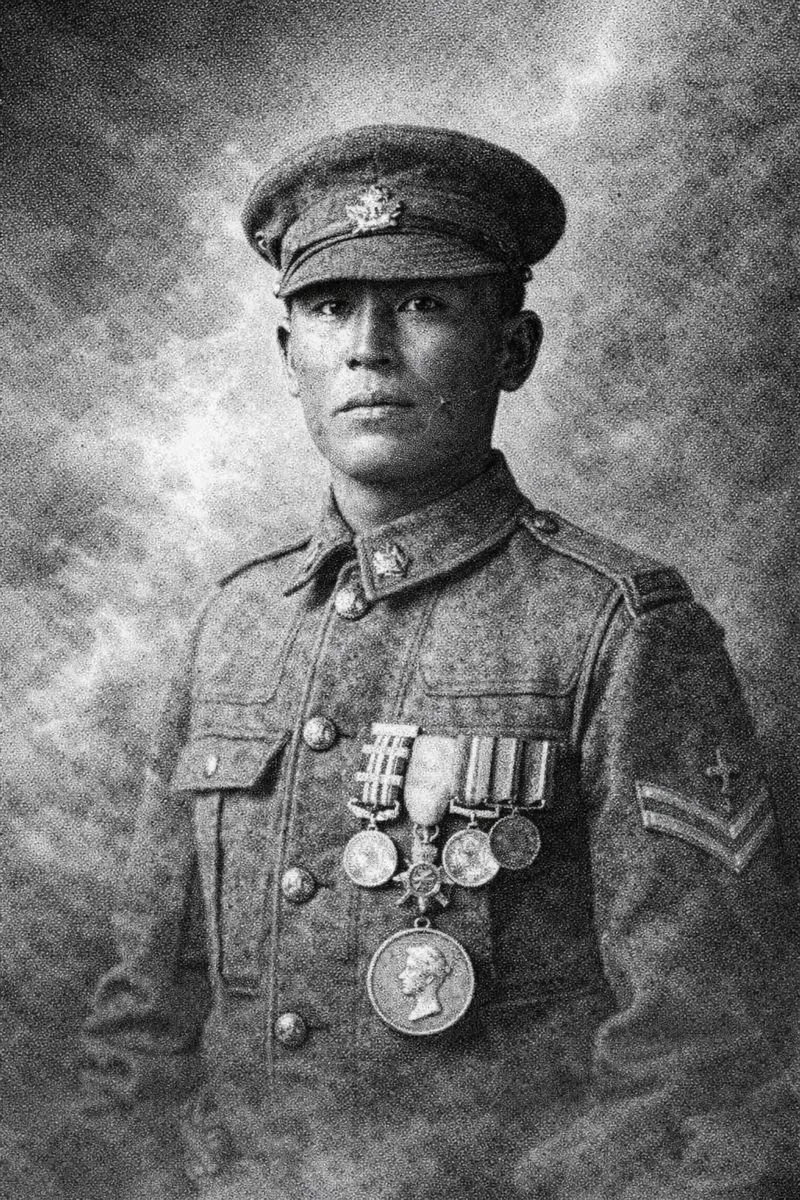
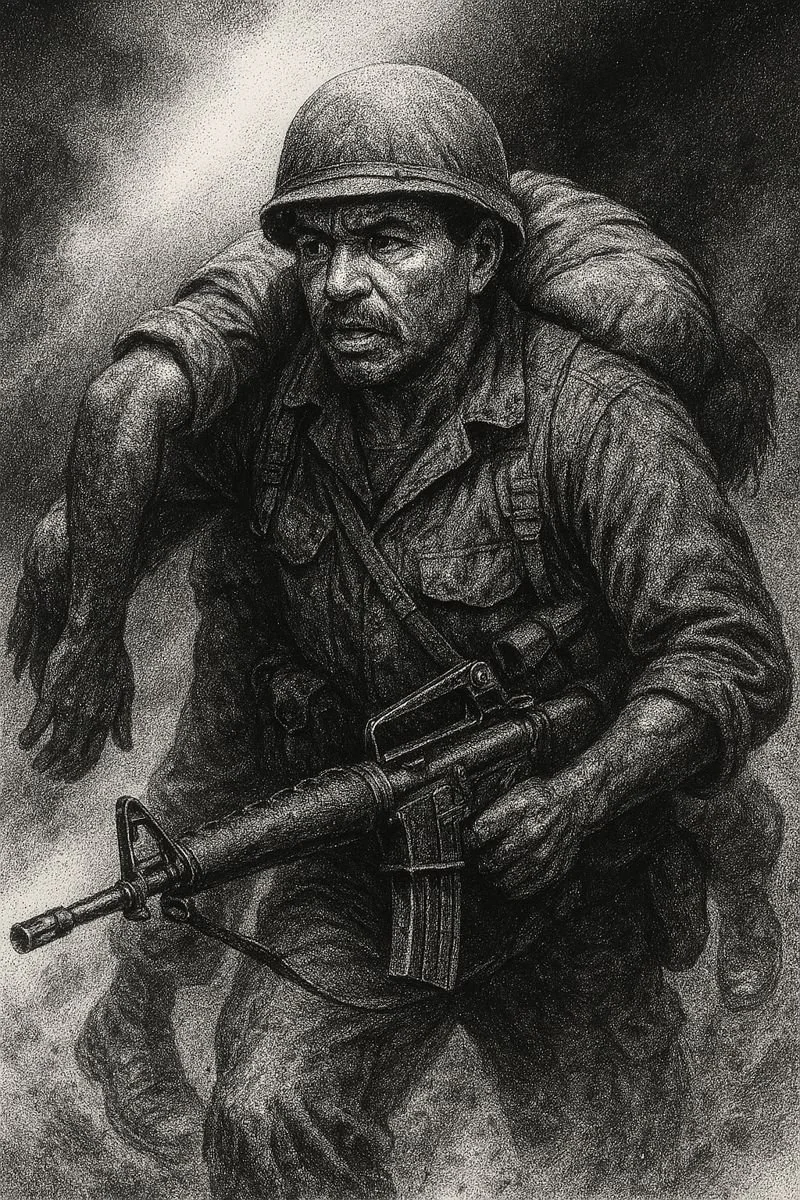
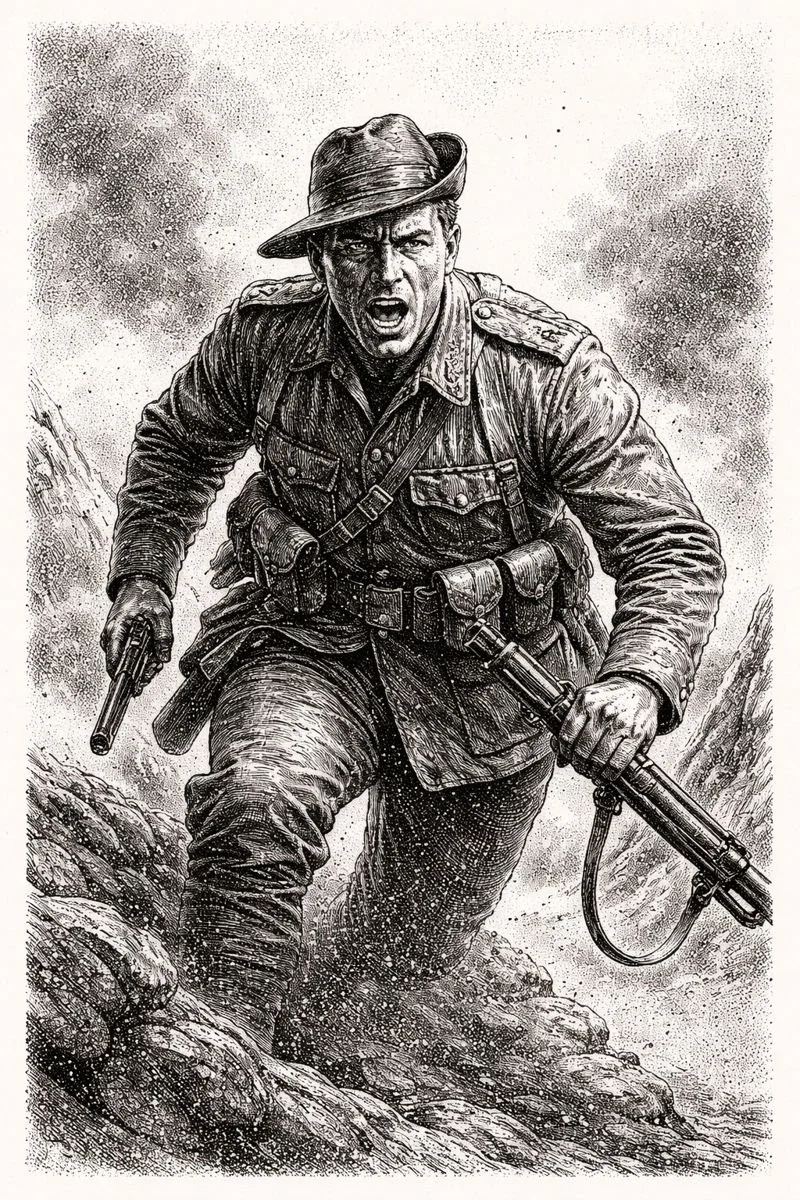
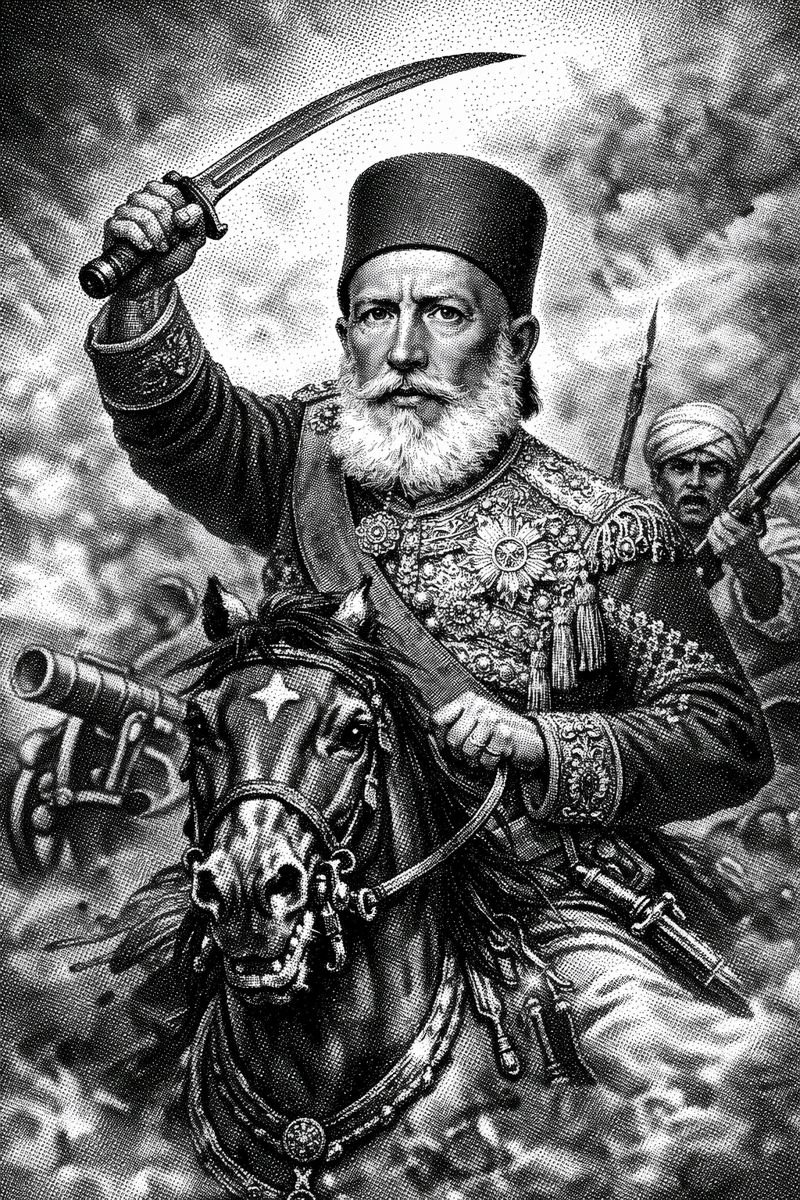
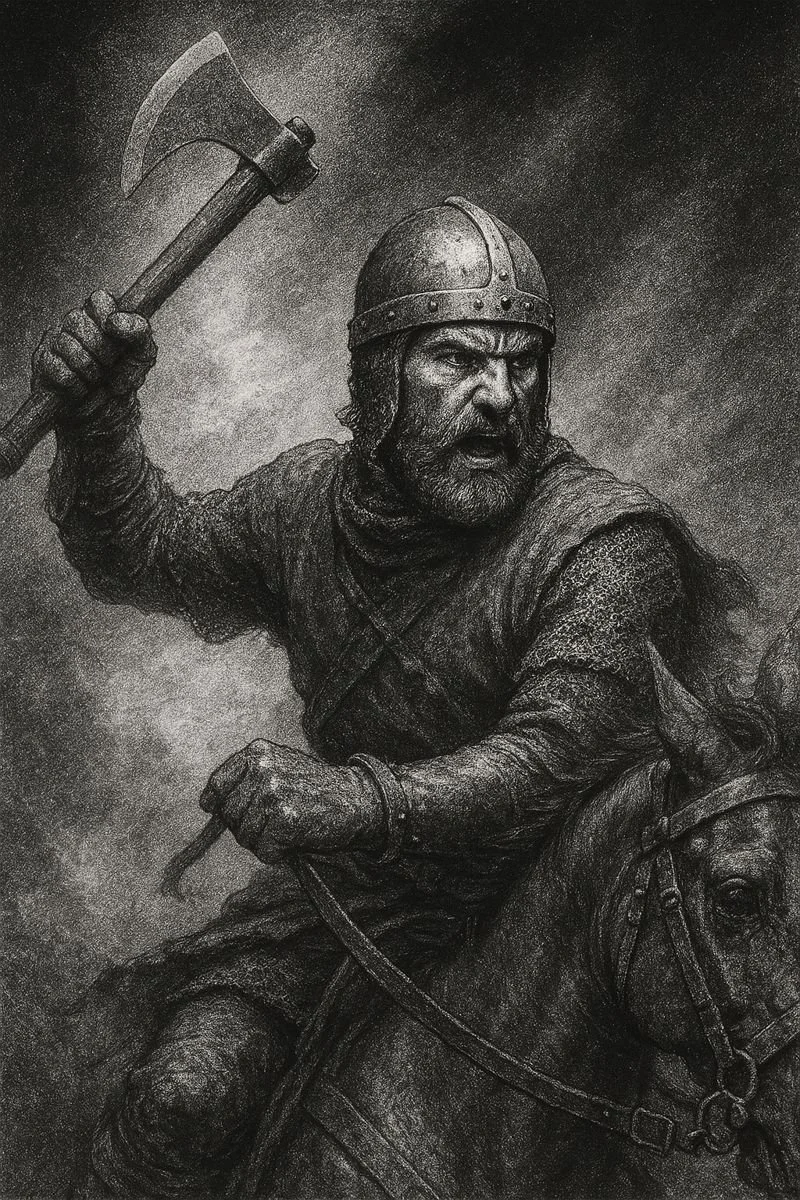
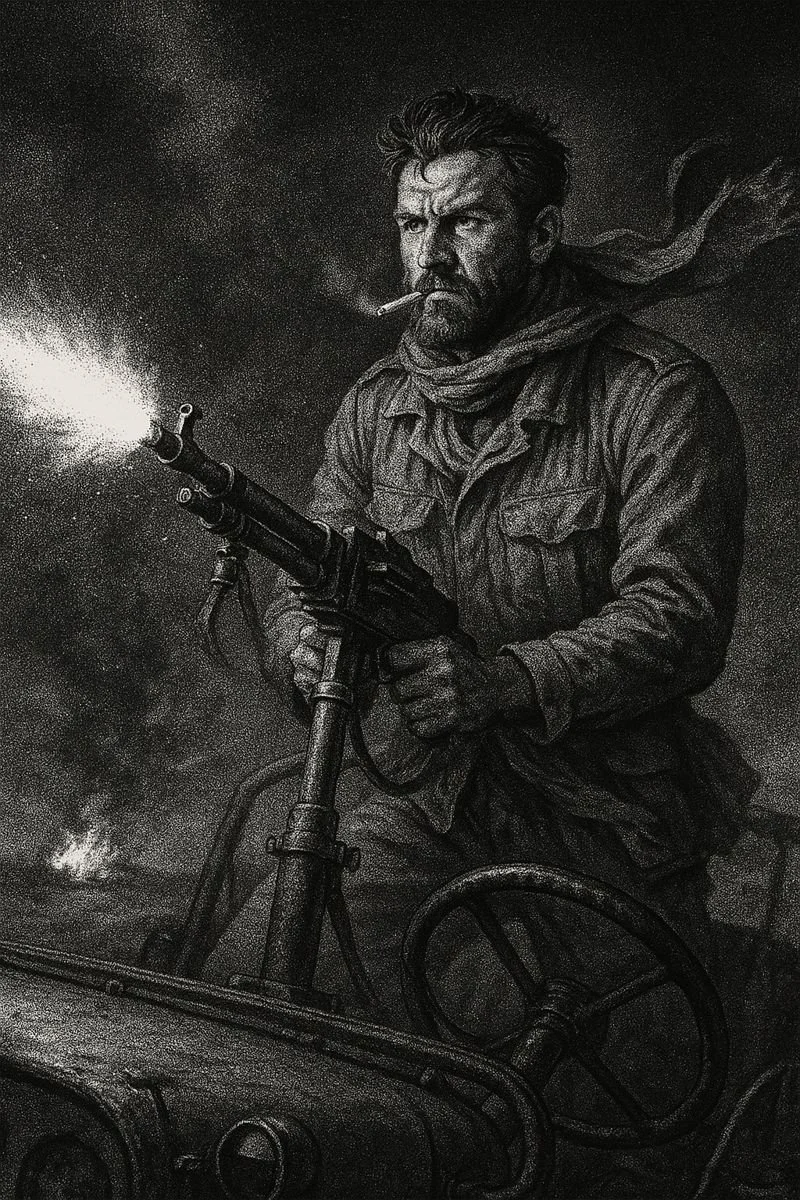
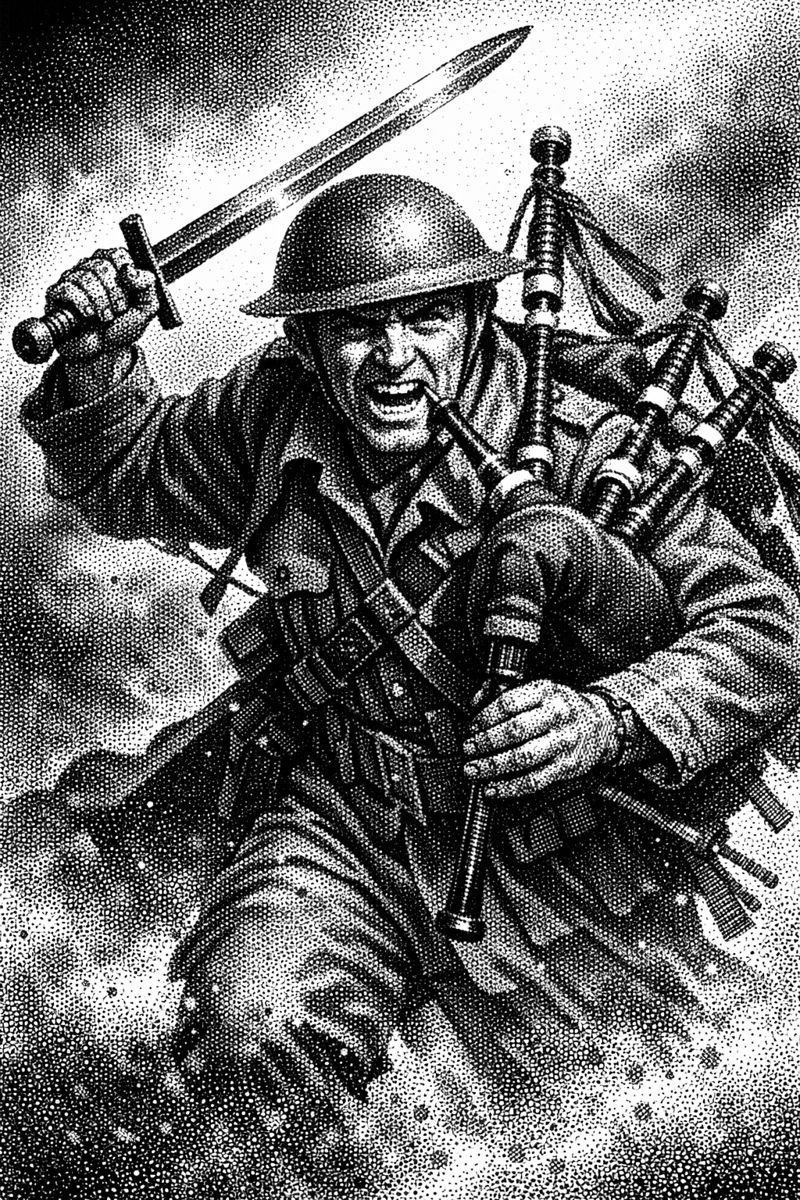
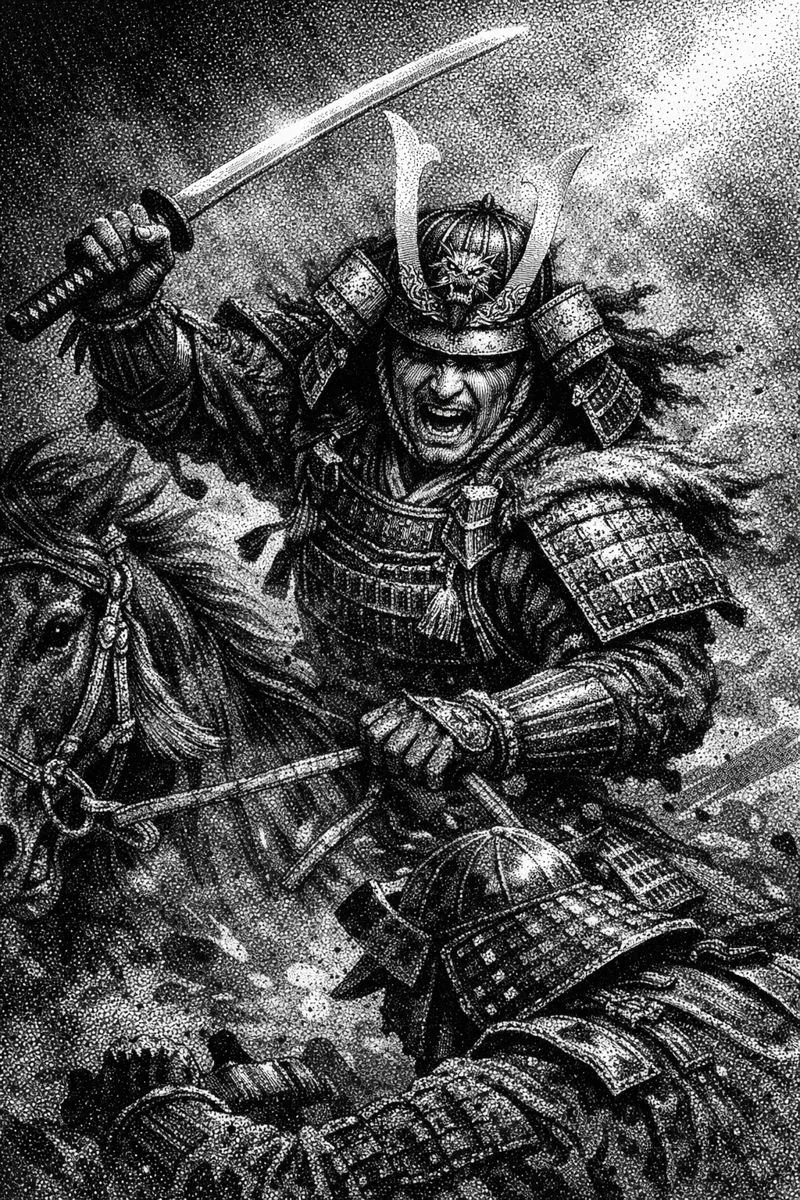

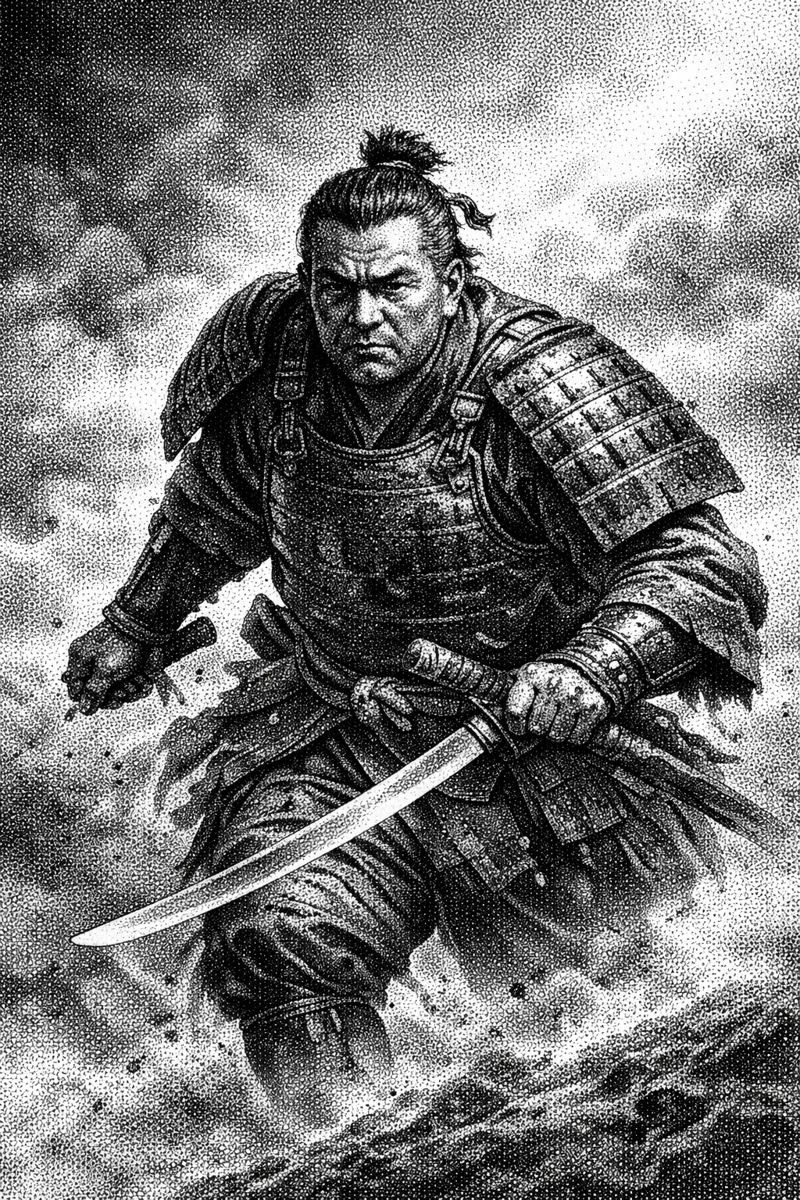

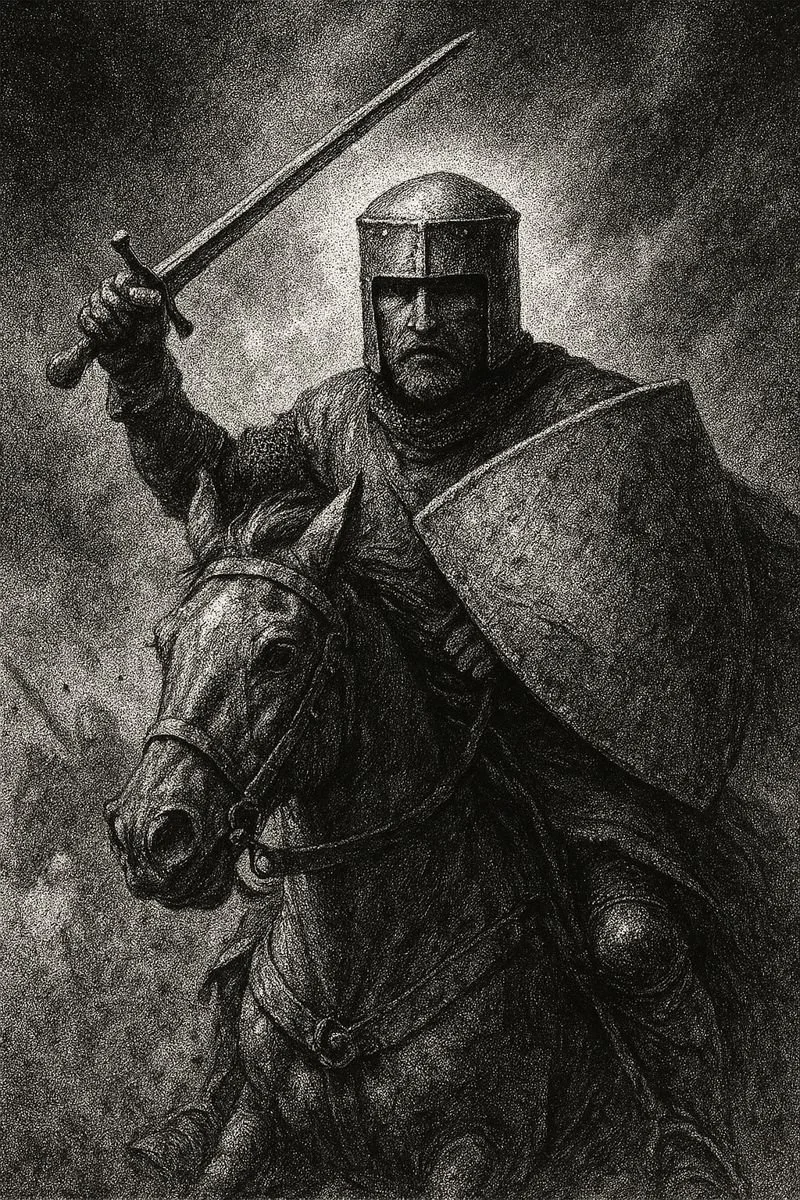

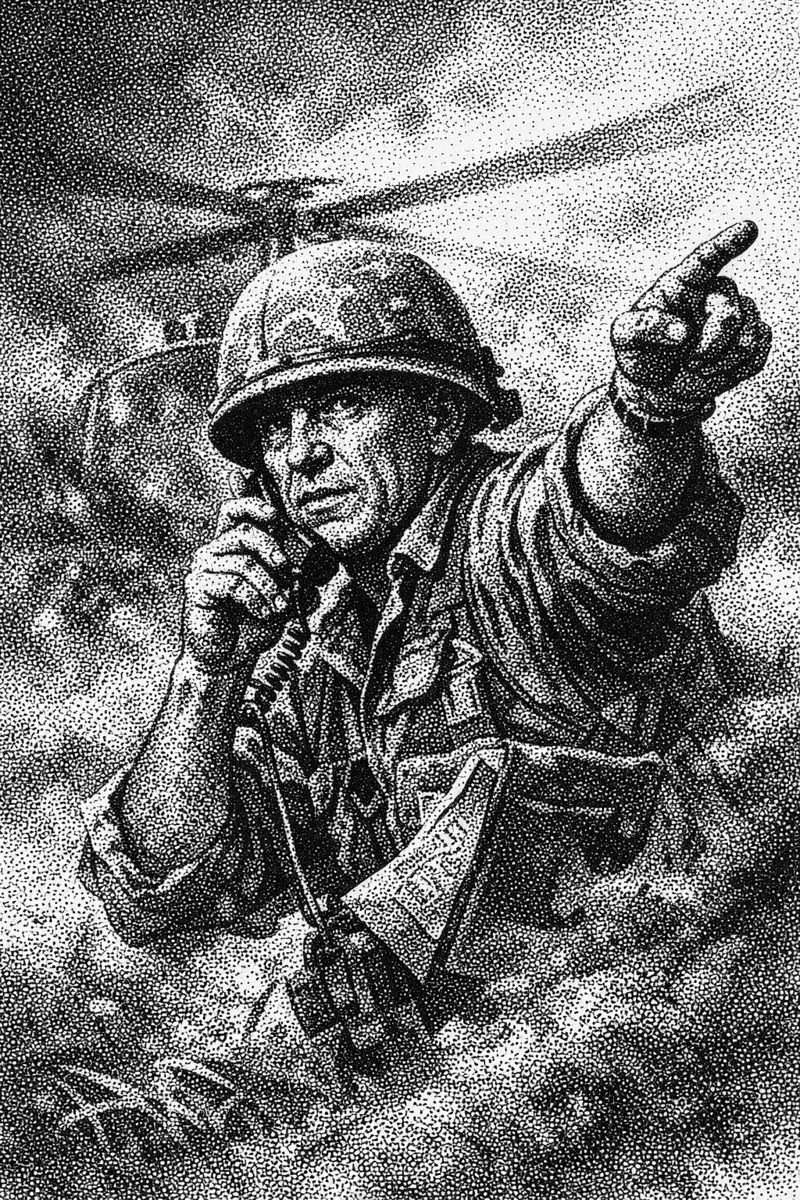
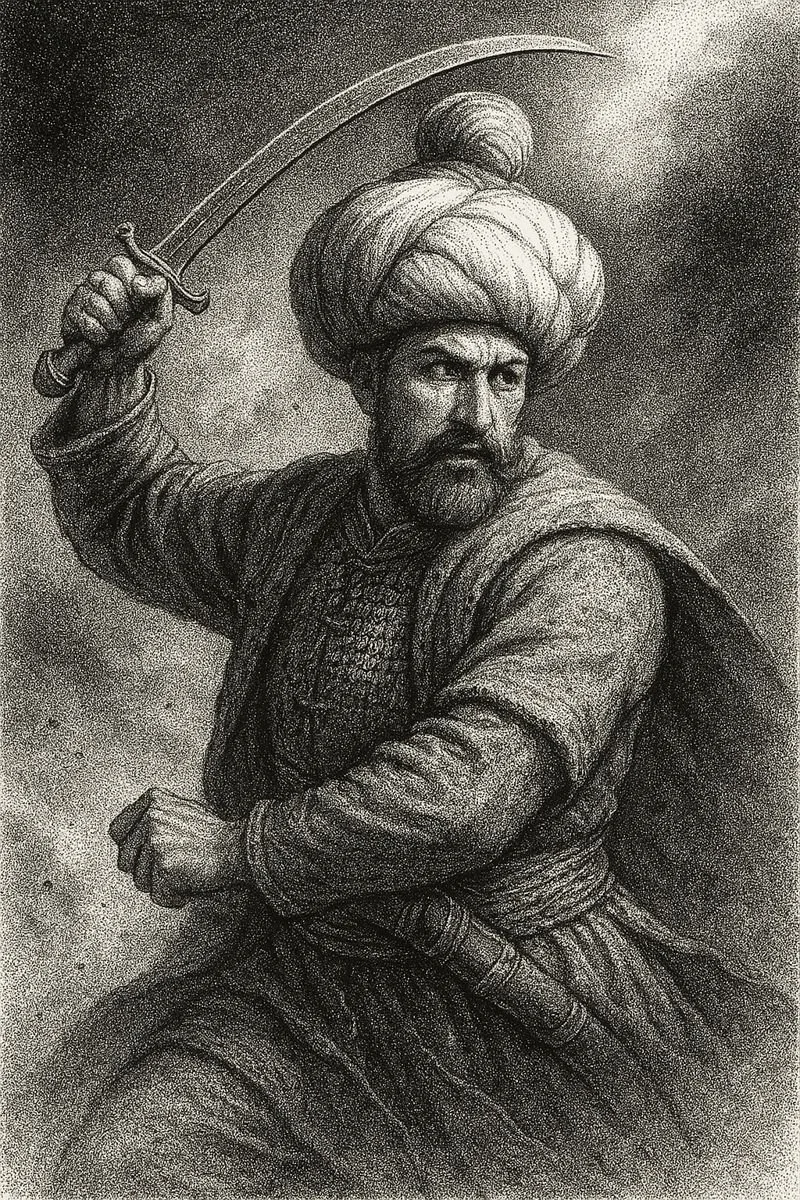
Charles XII of Sweden was a warrior-king who personally led his armies through the Great Northern War, turning early victories into legend through ferocious discipline and reckless courage. His refusal to compromise or retreat ultimately shattered Sweden’s empire, leaving behind a mythic figure admired for bravery and criticized for destroying everything he fought to protect.
Rank - 125